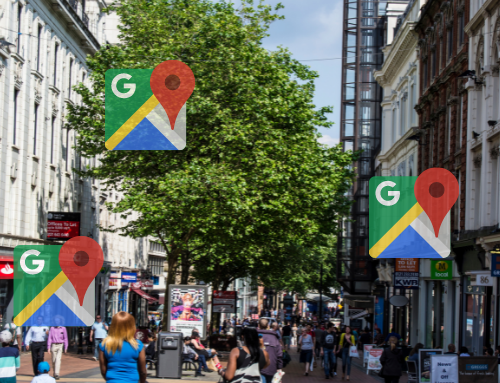Selling online for retail businesses
The latest budget plans from the government are said to be part of a plan to boost the reopening of the high street, but a large number of retail businesses are still concerned about the future of their business.
No retail business could have seen a global pandemic coming but it’s highlighted the ability that businesses in the UK have to adapt. Many retail businesses have adapted in one way shape or form, offering local deliveries and selling online through third party websites such as eBay or Etsy. However, it demonstrates the need for retail businesses to make use of more than just a single sales channel.
Getting a business online is more important than ever. An increasing number of people now shop online and in 2020 ecommerce sales were set to increase by 34% from 2019.
The reasons for this are pretty straightforward – shops were literally closed and buying online was the only option for some time. However, those that have never previously shopped online are now more confident and open to a new way to shop – day and night.
Selling online gives your business greater flexibility in when people can buy as well as where. Whilst you might not want to take calls at all hours, having an ecommerce website means you don’t have to do the selling yourself. The website does the leg work for you as long as you manage the day to day running.
might not want to take calls at all hours, having an ecommerce website means you don’t have to do the selling yourself. The website does the leg work for you as long as you manage the day to day running.
“We’re seeing a lot more retail businesses showing an interest in ecommerce, website design and SEO Surrey wide,” says Eve O’Connell of Surrey web design agency SME Media. “The future is more uncertain following lockdown and even the experts aren’t sure how long the effects of COVID-19 are going to last. Selling online means that retail businesses are giving themselves more options on how they can operate.”
Considerations when selling online
There are a few key considerations when selling online as opposed to selling in store:
- Inventory. Making sure your website is up to date in terms of what items you have available to sell to prevent customers from placing orders that you’re then unable to fulfil. There are plugin available when you design your online store to enable you to keep an accurate inventory at all times.
- Postage. The price you sell your items at needs to include postage or you need to add a postage cost on at check out. Nearly three quarters of all retail shoppers abandon purchases after they put them in the basket, and 23% of these are because of issues with delivery options or costs.
- Website design. A great website will inspire confidence in your products and brand in the same way that you shop front and layout does.
- Secure checkout. Any website that sells online has to have a valid SSL certificate to ensure that sensitive data such as payment details is encrypted within the website.
- Marketing the website. Driving traffic to a website is a bit different to getting people into a shop. There are plenty of options, including social media marketing, email marketing and online referrals. You can also make your website more appealing to search engines such as Google with Search Engine Optimisation (SEO) by setting your website up correctly and using the right key words and phrases throughout
Selling online – a nationwide customer base
Selling online doesn’t just mean that you can sell 24 hours a day, but it means you can reach much further than a physical shop. Instead of relying on the people in the surrounding area you have the whole of the UK.
Find out more
If you’re a retail business looking to add another sales channel to your business, get in touch with our ecommerce, web design and digital marketing experts. We’re working with businesses interested ecommerce, website design and SEO Surrey wide.




